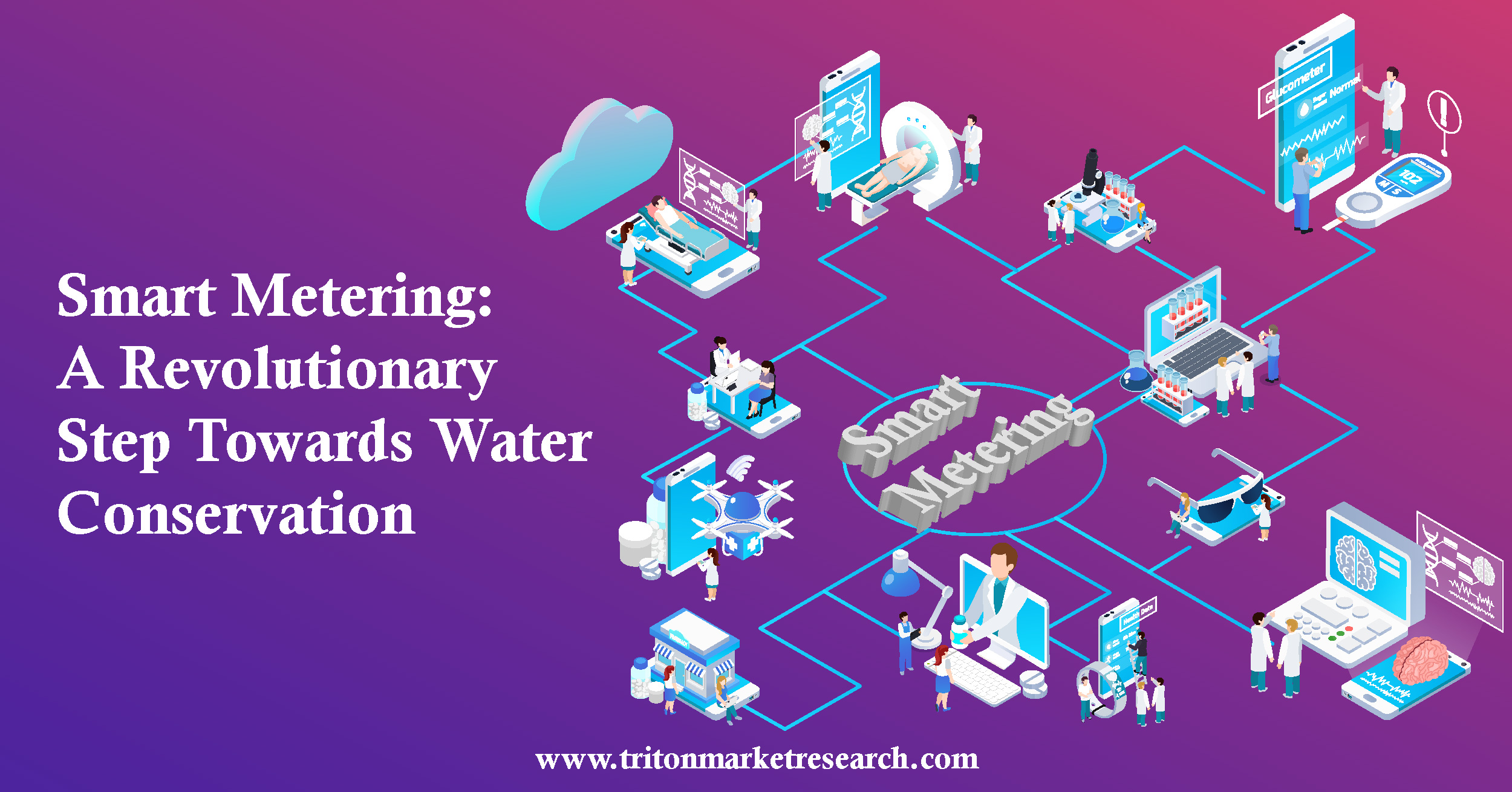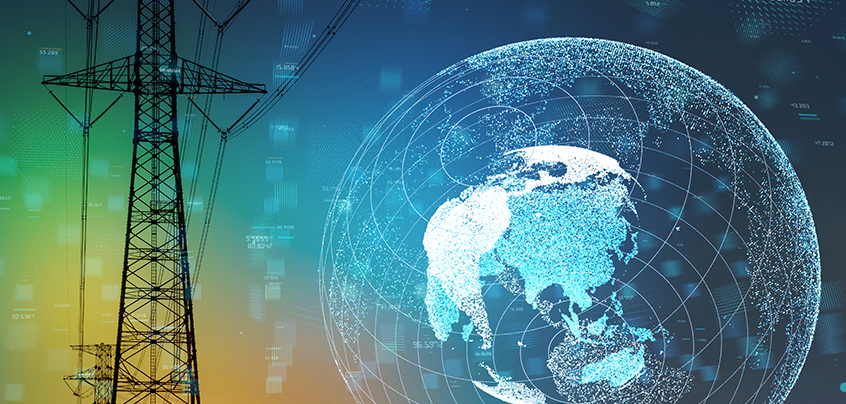



22, March 2021

Over the years, rapid urbanization and growing concerns related to water scarcity have compelled countries to sought new methods to satisfy the required water demands. This has resulted in cities resorting to ICT technologies to ensure efficient use of existing water utilities while reducing overall water wastage.
For instance, Advanced Metering Infrastructure (AMI) or smart meters, primarily designed with IoT concepts, help attain real-time data to control water distribution. Further, gaining traction across industries, smart water meters are widely deployed to control water irrigation in agricultural fields, managing water supply across numerous distribution lines.
In today’s world, there are several discrepancies in utilizing natural resources, including water resources, due to their limited availability. For instance, globally, approximately 2.2 billion people are deprived of safe drinking water, 4.2 billion are robbed of attaining sanitization services, and around 3 billion lack basic handwashing facilities, as stated by UNICEF and the WHO.
Such circumstances have amplified the need for proper water resources management to support the global demand for basic sanitation. This makes the advanced water systems ideal for deployment across various sectors. To clarify, smart water meters are updated versions of conventional water meters that aim to measure multiple parameters, including temperature and flow of water, while alerting utilities of inaccuracies during distribution.
Interestingly, intelligent water meters allow remote communication with irrigation systems and weather stations, offering timely water flow data.
Some of the crucial effective solutions provided by these systems:Detection of water distribution and consumption in every sector is complex. Here, a smart meter assists in regulating water consumption levels by identifying irregularities in consumption patterns. In fact, this detection helps utilities send data to consumers to facilitate transparency between consumers and their water consumption patterns.
Agriculture is among the major sectors requiring a higher level of water resources. In recent times, several technologies like micro-irrigation systems have been adopted to support water’s effective distribution. Here, smart meters act as an added supportive measure that collects real-time data to help farmers use the precise amount of water during the irrigation process.
Smart water valve is another practical step to prevent water loss against unwanted leaks or pipe bursts. In multiple cases, water pipes are constructed at remote locations, making it challenging to manage water flow. This makes the use of IoT technology ideal for remote control over multiple distribution channels.
Moreover, the implementation of advanced technologies, such as AI, machine learning, and big data, has revolutionized the way data collection is carried out in the water industry. As a matter of fact, these innovative technologies have enabled consumers to gain critical insights into their consumption patterns, allowing them to estimate future bills.
Commemorated on March 22 each year, World Water Day raises awareness about the lack of safe water for people worldwide. This year, the theme – ‘Valuing Water’ concentrates on the value water holds for our households, economies, education, and health.
Amidst the global scarcity of natural resources, governments are introducing smart city projects, including the implementation of smart meters for water conservation. Such initiatives hold immense potential in supporting the achievement of Sustainable Development Goal 6 – access to clean water and sanitation for one and all.

Prevalent cases of terrorist attacks in today’s world is increasing the need for severe standards of security for public safety, and the global market for biometric technology scrupulously accommoda..
Prevalent cases of terrorist attacks in today’s world is increasing the need for..